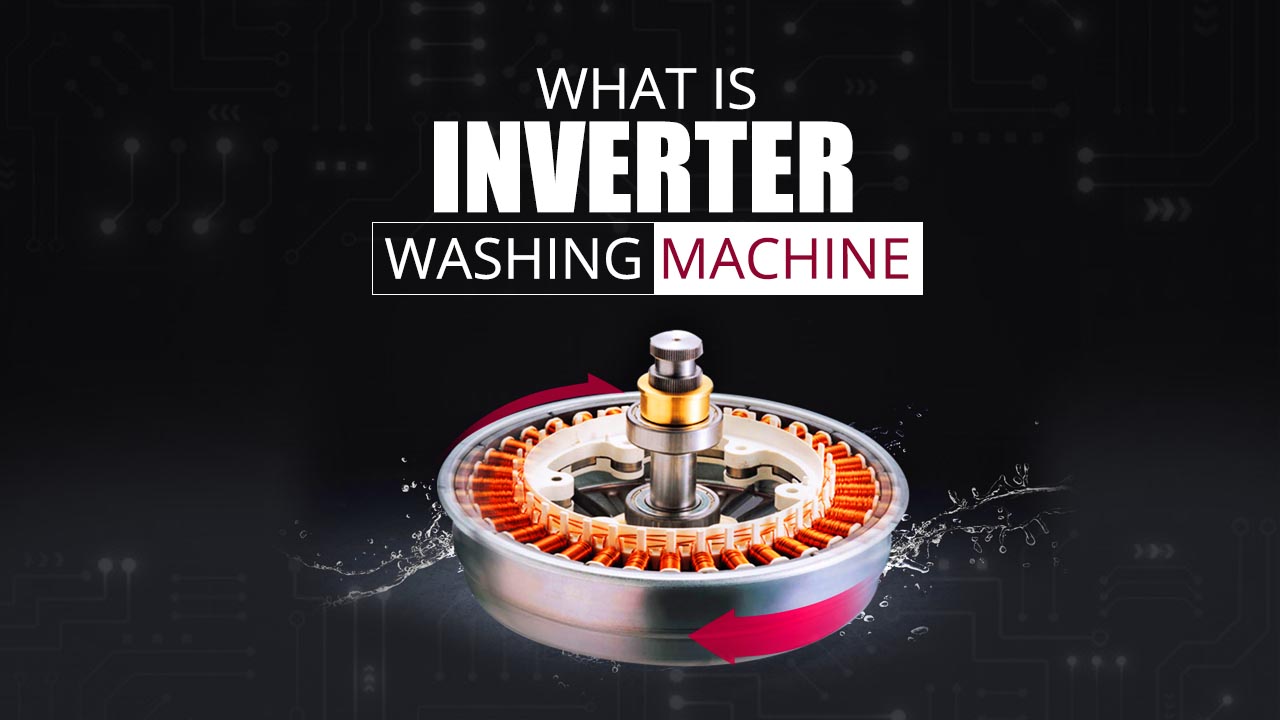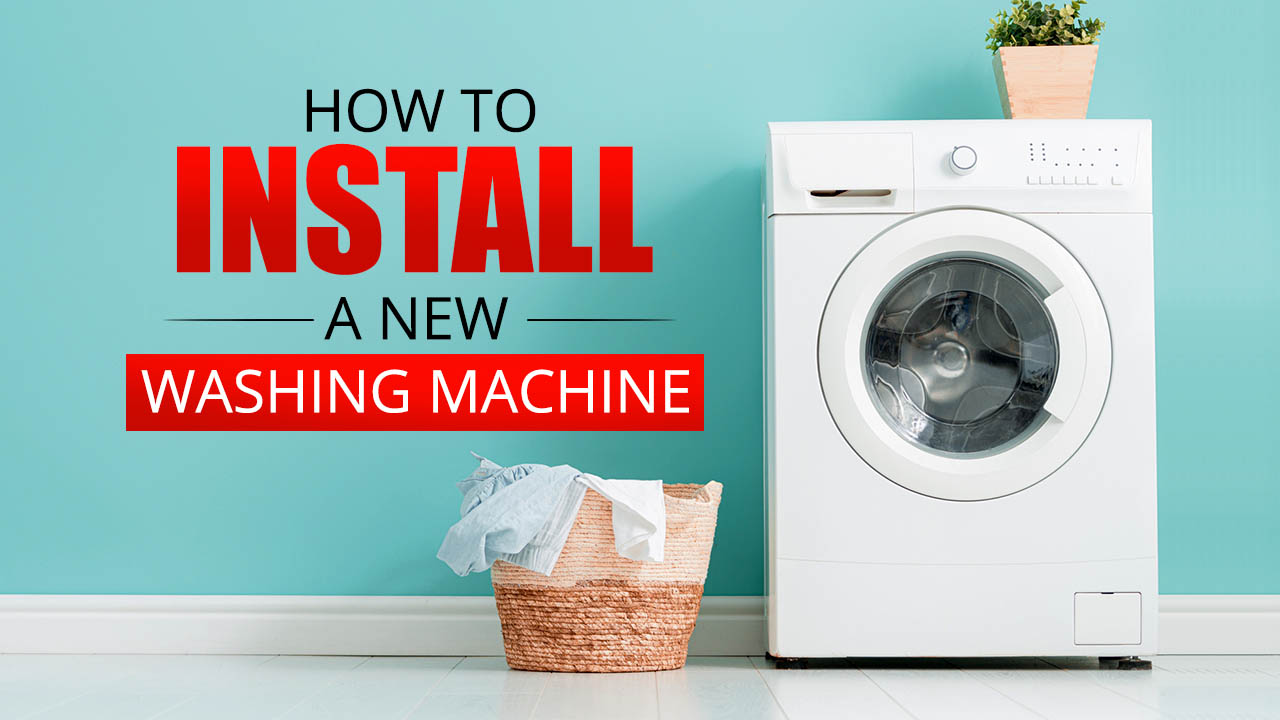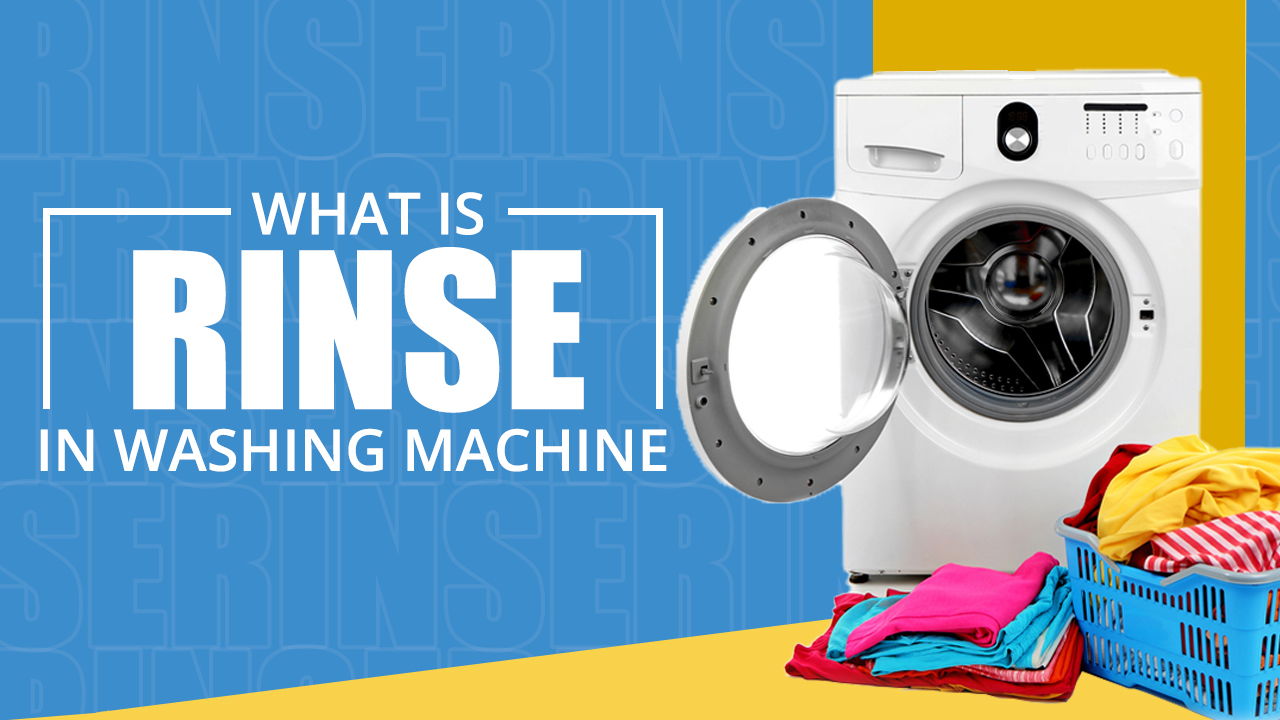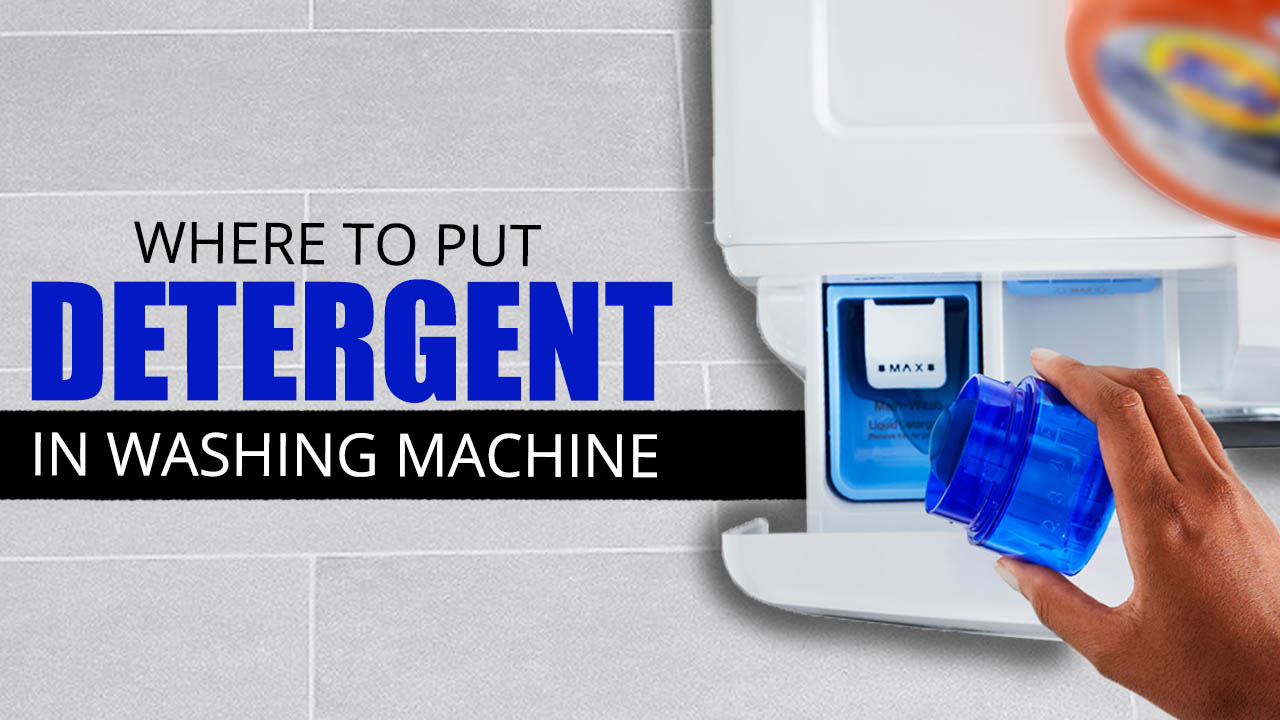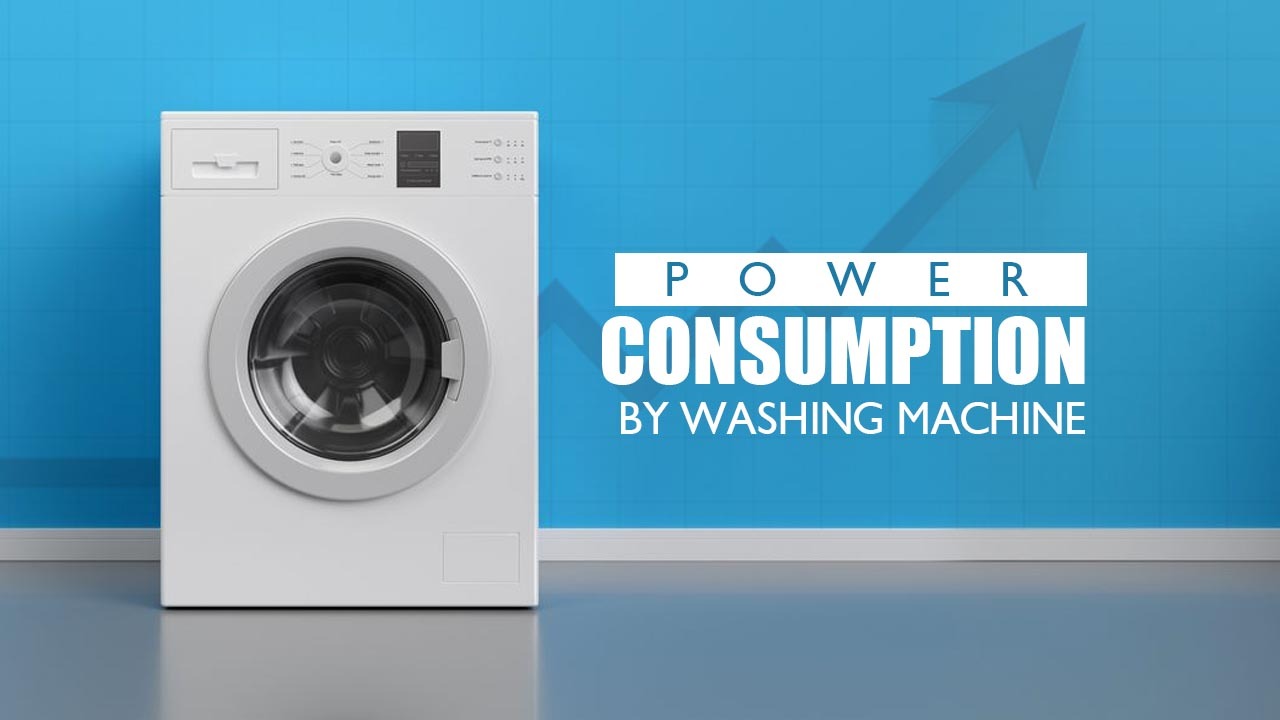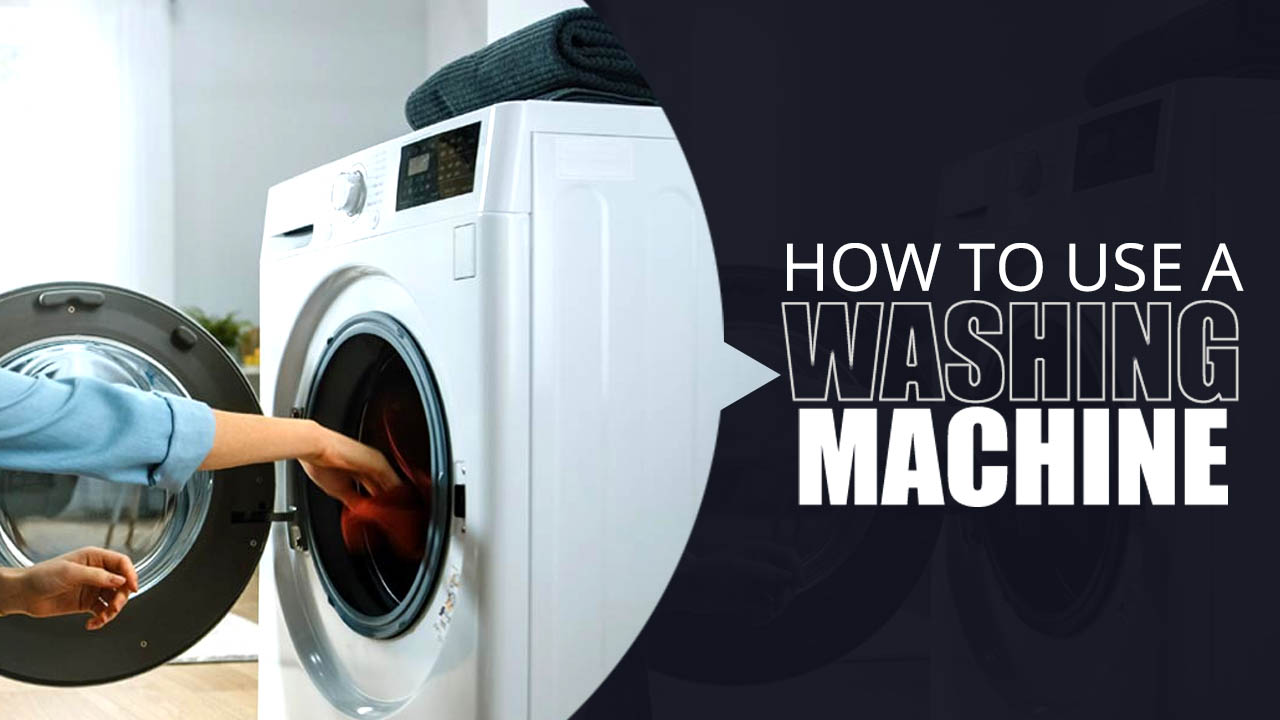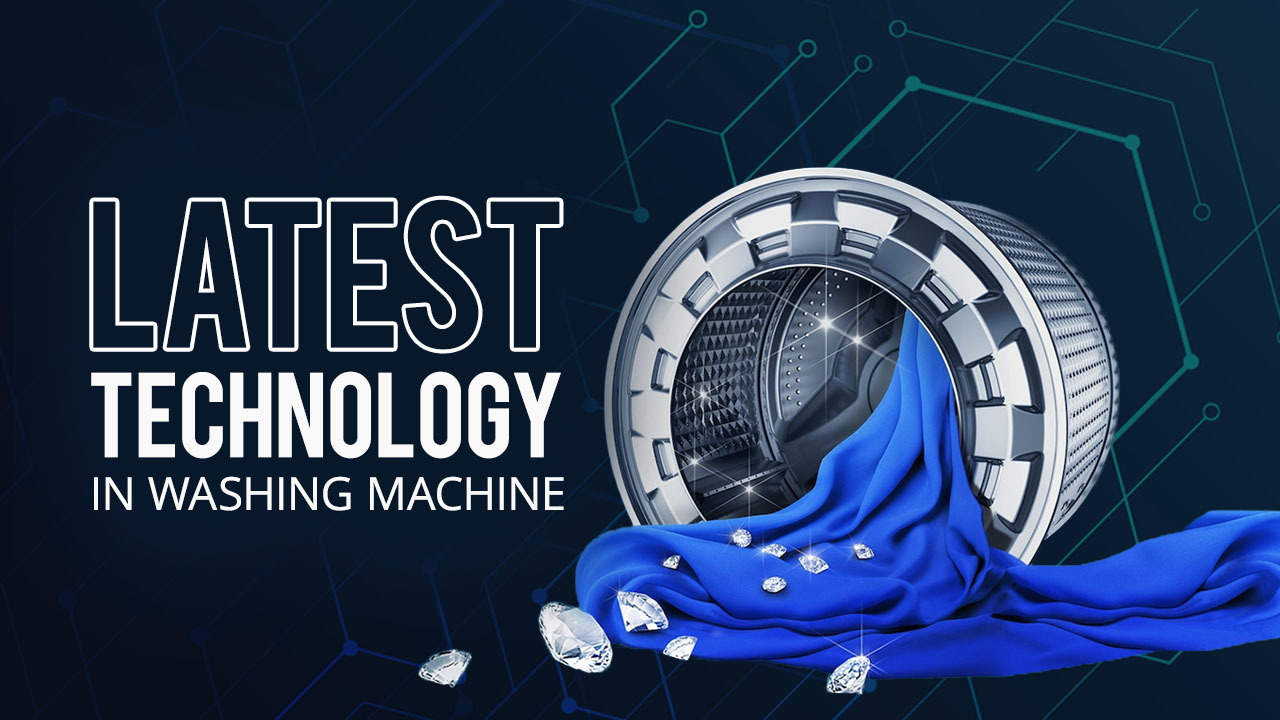What is inverter washing machine? This is a question that may be running through your mind when searching for a new washing machine for your home. Want to know more about these appliances? Wondering whether you should purchase one or not? Make sure you read the blog below!
Inverter washing machines are becoming increasingly popular due to their unique washing capabilities. These machines use an inverter to control the speed of the motor, which allows for a more gentle wash cycle. In addition, inverter washing machines also consume less energy than traditional washing machines.
They are an excellent choice for those who are looking to save money on their utility bills. If you are considering purchasing an inverter washing machine, be sure to read this blog post for more information. We will provide an overview of the benefits of these machines, and more importantly, explain what is inverter washing machine!
How Does an Inverter Washing Machine Work?
Inverter technology is becoming increasingly popular in various appliances, including washing machines, with many washing machine brands offering the same. Inverter washing machines are more energy-efficient than standard models, and they also tend to be quieter and more durable. Inverter washing machines are equipped with sensors that detect the load on the machine.
The machine automatically determines the optimum speed to operate based on the load. This allows the machine to run at an efficient pace, saving energy and ensuring optimal performance. Inverter washing machines typically use brushless DC motors, which are more durable and efficient than traditional motors. As a result, inverter washing machines offer several advantages over standard models.
Benefits and Drawbacks of Inverter Washing Machine
There are several reasons why inverter washing machines are an excellent investment. Advantages and disadvantages of washing machines include the following –
Advantages
- Energy Efficiency: Inverter washing machines have many advantages that make them excellent for households. One of the main advantages is that they are energy efficient. The inverter motor can run at a variable speed depending on our workload. This makes it energy efficient and consumes low-power electricity as compared to others.
- Longevity: Inverter washing machines are less likely to break down as they have fewer moving parts. This makes them a more durable option and can save you money in the long run.
- Low Noise Levels: Another advantage of inverter washing machines is that they are quieter than other types of washing machines. This can be beneficial if you have small children or live in an apartment where noise levels are essential.
- Low Maintenance: One of the main advantages of an inverter washing machine is that it requires very little maintenance. Because of their low friction design and improved engineering, inverter washing machines are much less likely to experience problems than traditional models. As a result, they require almost no maintenance, saving you time and money in the long run.
- Money Saving: Inverter washing machines are highly energy-efficient. They use less water and electricity than traditional washing machines. Inverter washing machines also have a faster spin cycle, which can get your clothes drier in less time. This can save you money on your energy bill and reduce wear and tear on your clothes.
- Environmentally Friendly: Inverter washing machines are more environmentally friendly than regular washers for several reasons. First, they use less water and energy, which reduces your overall carbon footprint. In addition, inverters operate at a lower temperature, conserving water and energy. Finally, inverter washing machines spin clothes at a higher speed, which uses less energy and helps clothes dry faster. As a result, inverter washing machines save you money and help to reduce your impact on the environment.
Disadvantages
- Weight: Inverter washing machines tend to be larger and heavier than traditional models, making them difficult to move and install.
- High Price: Inverter washing machines are significantly more expensive than traditional models, making them a significant investment for most consumers. While the long-term cost savings may be worth the initial investment for some, others may find that the features offered by inverter models are not enough to justify the higher price tag. In addition, inverter washing machines may require special detergents and maintenance in order to function properly, which can add to the overall cost of ownership.
Inverter Washing Machine vs Conventional Washing Machine
When it comes to washing machines, there are two main types: inverter and conventional. Both have pros and cons, so it’s essential to choose the right type for your needs:
- Energy Efficiency: Inverter washing machines are more energy-efficient than traditional models, and they’re also quieter and tend to have longer lifespans.
- Cost: Inverter washing machines can be more expensive up front, while conventional washing machines are less costly than inverter models, and they’re often more powerful, making them a good choice for people with large loads or heavy-duty items.
Ultimately, the best washing machine for you depends on your budget, laundry needs, and personal preferences.
Conclusion
Washing machines have come a long way since the days of early washing machines that were big and bulky and used a lot of energy. Today, there are many different washing machines on the market, including front load washers, top load washers, and inverter washing machines. This is why knowing what is inverter washing machine is essential. People today are asking what is inverter washing machine, so they can invest in the latest washing machine technology.
If you are in the market for a new washing machine, an inverter washing machine may be the best choice for you. Just remember to evaluate your needs and weigh the pros and cons discussed above before purchasing. Happy Shopping!
Frequently Asked Questions
1. How to differentiate between direct motor and inverter motor washing machines?
There are two main types of washing machine motors: direct drive motors and inverter motors. Direct drive motors are directly connected to the washing machine’s drum, while inverter motors are connected to the drum via a belt or pulley system. Inverter motors are typically more energy-efficient and quieter than direct drive motors. When choosing a washing machine, it is important to consider the type of motor that is best suited for your needs.
2. What to keep in mind when purchasing a washing machine?
When purchasing a washing machine, there are several factors to keep in mind to ensure you make the best possible investment. First and foremost, consider the capacity of the device. Secondly, select a unit with adjustable settings. Third, choose a machine with a high energy efficiency rating. Finally, read reviews from other consumers before making your final purchase. By considering these factors, you can be sure to select the washing machine that is best suited for your needs.
